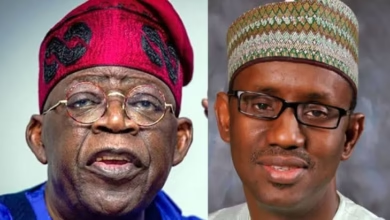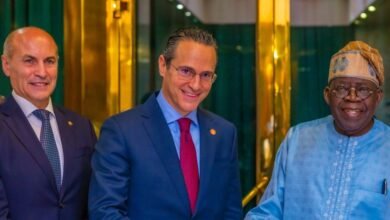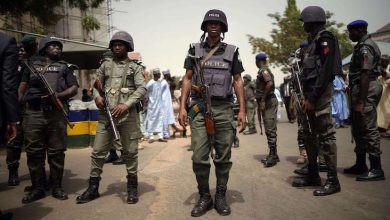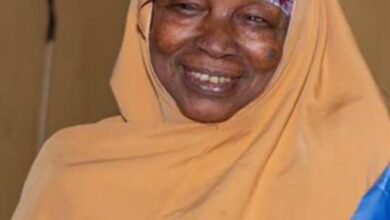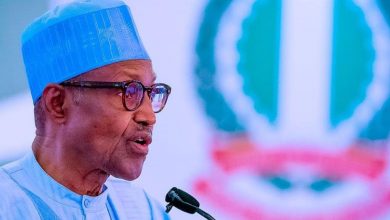News
Bishop Kukah Urges Global Partners Not to Redesignate Nigeria as ‘Country of Concern’
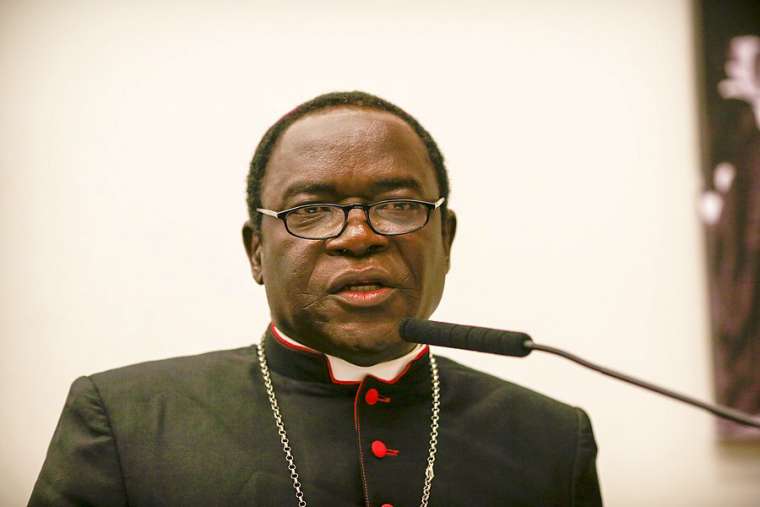
The Catholic Bishop of Sokoto Diocese, Most Rev. Matthew Hassan Kukah, has appealed to the international community not to re-designate Nigeria as a “Country of Particular Concern” over religious freedom violations, saying such a move could undermine ongoing efforts to restore peace, rebuild trust, and promote interfaith dialogue under President Bola Ahmed Tinubu’s administration.
Bishop Kukah made the plea in Vatican City during the launch of the Aid to the Church in Need (ACIN) 2025 World Report on Religious Freedom, held at the Augustinianum Hall. The 1,248-page biennial report assesses the state of religious freedom worldwide between January 2023 and December 2024, documenting that over 5.4 billion people currently live in countries without full religious liberty.
While acknowledging Nigeria’s long-standing security challenges, Kukah highlighted recent improvements in the country’s approach to governance and interfaith inclusion. Citing the Global Terrorism Index 2025, which reported a 37 percent decline in terrorist attacks in 2024, he noted that the Tinubu government’s actions demonstrate a new willingness to engage constructively with faith communities.
“The First Family itself is a symbol of hope — the President is a Muslim while the First Lady is a Pastor in a Pentecostal Church,” he said. “Christians have not felt alienated, and there are encouraging signs of inclusion with Christians holding key national positions, including the leadership of the ruling party, the Independent National Electoral Commission (INEC), and senior security institutions.”
Bishop Kukah commended President Tinubu’s empathy and responsiveness, citing his visit to victims of the Yelwata, Benue State killings, where he held direct interactions and pledged financial assistance — a gesture he described as a departure from the indifference of previous administrations.
Kukah acknowledged that serious problems persist, especially in northern Nigeria, where violence, displacement, and discrimination against Christians have long been documented. However, he cautioned against oversimplified narratives of religious persecution, explaining that Nigeria’s realities are more complex.
“If we were dealing with outright persecution of Christians, I and my small flock in Sokoto would not exist,” he said. “Our daily lives should be defined by better narratives. I travel freely in my Bishop’s regalia; we worship without molestation. The real issue is the failure of the state to protect citizens, irrespective of faith.”
He lamented that years of weak governance had allowed impunity, lawlessness, and extremist violence to thrive but said the current administration offers a chance to reverse the tide through inclusion, constitutionalism, and dialogue.
Calls for Constitutional Reforms and Enforcement of Secularism
The Bishop urged President Tinubu to reaffirm Nigeria’s secular character by ensuring that all laws operate under the Federal Constitution, including reviewing the adoption of Sharia law by 12 northern states since 2000, which he said has fueled mob justice and religious extremism.
“The President should go to court to have the adoption of Sharia law declared unconstitutional,” he said. “This is the only way to halt the rising tide of mob justice and restore citizens’ confidence in equal protection under the law.”
He also identified structural discrimination against Christian minorities — including denial of land for church buildings, lack of access to Christian religious education in public schools, and unfair promotion practices — as ongoing forms of persecution that need redress.
Reflecting on Nigeria’s previous designation as a “Country of Particular Concern” under the Trump administration in 2020, Kukah argued that renewing such a label would be counterproductive at this time.
“Re-designating Nigeria a Country of Concern will only make our work in interfaith dialogue harder. It will heighten tensions, sow fear, and give room for extremists to exploit the situation,” he cautioned.
“What Nigeria needs now is more vigilance and constructive engagement from international partners, not punishment.”
He also criticized past U.S. policies that, according to him, weakened Nigeria’s ability to combat terrorism. “The Obama administration’s decision to block Nigeria’s access to weapons under President Goodluck Jonathan, while pushing for Buhari’s emergence, set us back in the fight against Boko Haram,” he said.
Bishop Kukah concluded by calling for global support to Nigeria’s peacebuilding efforts, highlighting the government’s recent outreach to the Catholic Church and its active participation in Vatican events, including the burial of Pope Francis and the inauguration of Pope Leo XIV.
“Despite our challenges, there is a window of opportunity for religious leaders to work with government toward harmony and integration,” he said. “Nigeria, a nation of over 200 million people of faith, can make a great contribution to global peace if supported, not sanctioned.”
He praised Aid to the Church in Need (ACIN) for its ongoing advocacy for religious freedom and human dignity, affirming that Nigeria’s progress depends on enforcing justice, ensuring inclusivity, and rebuilding trust among its diverse population.

